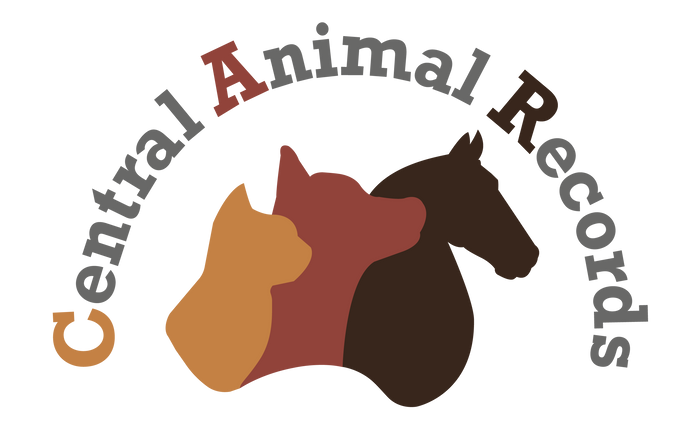VIPet Monthly Newsletter (Issue 11)
The Life of Pets

(1) Puppy problems
Puppies are adorable, but they can be challenging to live with. Here are our tips to help with a few common new puppy “teething issues”.

Chewing
It’s natural for puppies to want to chew things - this is their way of exploring the world! Additionally, when they start shedding their baby teeth at around four-to-six months old, gnawing appears to give them relief from discomfort.
Try to get a range of safe chewing toys, and offer several different items daily on a rotating schedule to keep things interesting. Only provide toys that don’t have parts small enough for your pup to chew off and choke on.
When giving your pup chew treats, it’s safest to stick with food-stuffed Kong toys or digestible treats soft enough to bend slightly (e.g. dried chicken breast, vet-approved dental chews) to reduce the risk of tooth breakage or tummy upset.
If your pup is persistently trying to chew furniture, and can’t be distracted from this by offering more appropriate toys, it helps to dab or spray a bit of citrus oil or juice on furniture items – the scent will deter most pups!
Play-biting
Many puppies play-bite with excitement, but those tiny little teeth can hurt! If your pup is play-biting, try to distract them with a chew-toy instead. If they persist in nipping you, it can help to make a high-pitched “yelp” sound (which is puppy language for “ouch, you hurt me!”) and then calmly place your pup into a safe “time-out” area for one minute before trying again with some calmer play.
Bear in mind that some puppies can become over-excited when tired, so if your pup has been awake for several hours, consider putting them down for a nap in their bed – they may surprise you by going to sleep!
If you’re having any other cheeky puppy problems, ask your local vet for advice!

